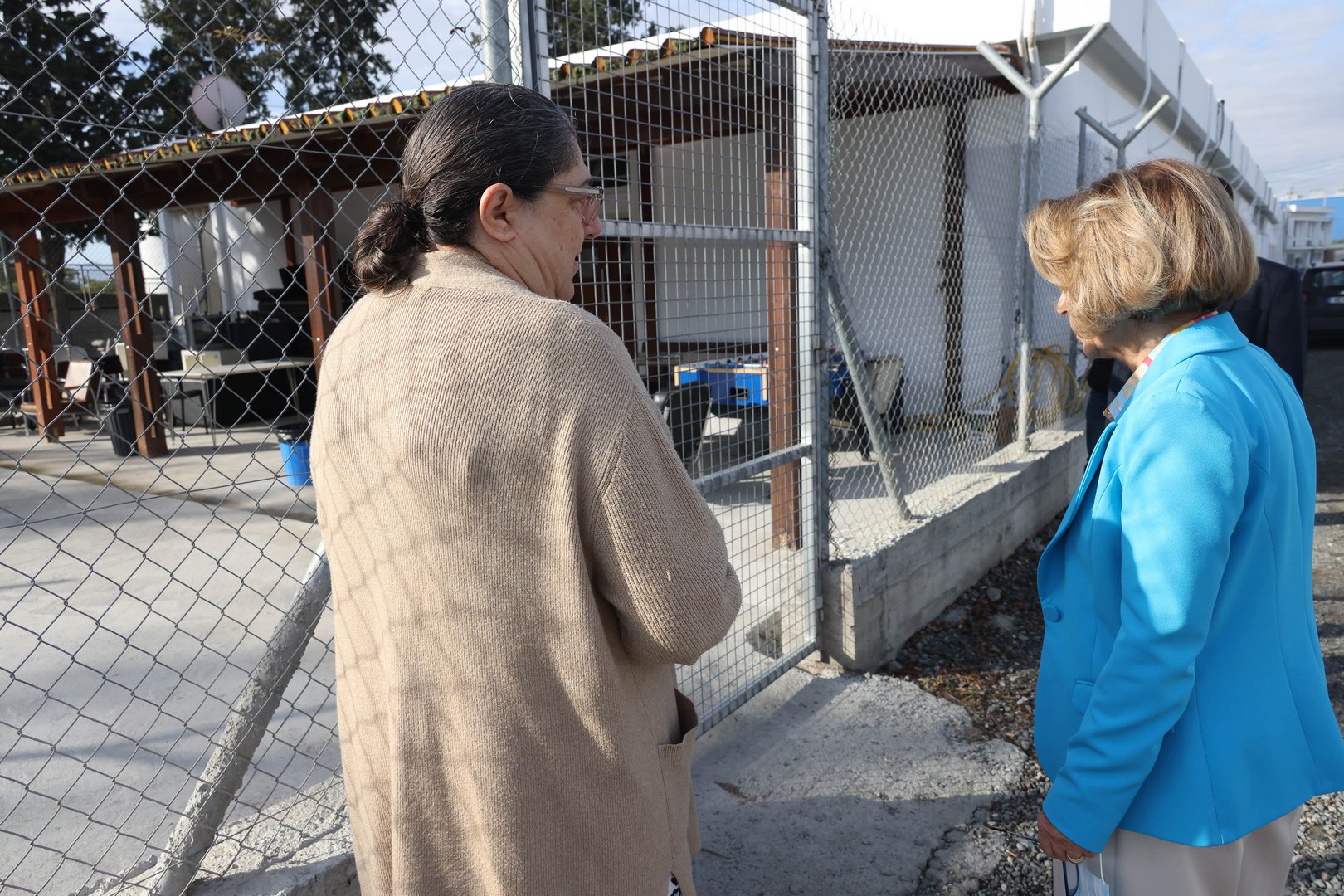Trade union Pasydy on Monday expressed their fury at the omission of a previously touted second phase of construction of a new psychiatric hospital at Athalassa from government plans to invest in Cyprus’ health sector.
The government had announced at the end of last month a total of €128 million of spending to upgrade Cyprus’ health infrastructure between now and 2027, and while the union said it welcomed the “overall upgrade”, the lack of plans to upgrade mental health infrastructure “undermines mental healthcare in our country”.
“A new psychiatric hospital is a key pillar for managing the growing needs in this sector, which has been dramatically burdened in recent years due to the pandemic, as well as economic pressure and social changes,” they said.
They added that the completion of the second phase of construction is “vital for the hospital’s full operation and the assurance of quality mental health services”.
In addition, they said the project’s omission from the plans “raises questions regarding the strategic priorities and commitment to supporting mental health”.
As such, they called on the government to review the plans and include the hospital’s second phase in them – a move which they should “ensure the comprehensive development of the mental health system”.
“Investment in this sector is an investment in social cohesion, the wellbeing of ordinary people, and the reduction of social costs. Mental health should not be a marginal priority, but a central pillar of national policy,” they said.
The first phase of the project was finished in October at a total cost of just over €10m, with the government saying it “provides modern building facilities which will contribute to the rehabilitation and reintegration of people with mental health problems, respecting their dignity and rights”.
Earlier in the year, Health Minister Michael Damianos had insisted that the government’s current priority is “undoubtedly” mental health, and pointed to the creation of a national strategy for actions pertaining to “destigmatisation, prevention, treatment, and reintegration” for people suffering from mental health problems.
“Through strategic planning, systematic informing of people and raising of awareness have also been promoted, while new initiatives to care for people dealing with mental health problems will also be launched,” he said.
The strategy’s creation had been announced by Damianos’ predecessor Popi Kanari a year ago. She had said at the time that while “narrow timeframes” had been given for it to be devised and implemented, the timeframes in question were “feasible”.
She said a committee has already been created involving all the relevant stakeholders, and that the creation of the strategy would help to support the sector which, she said, has been “a bit forgotten” historically.







Click here to change your cookie preferences